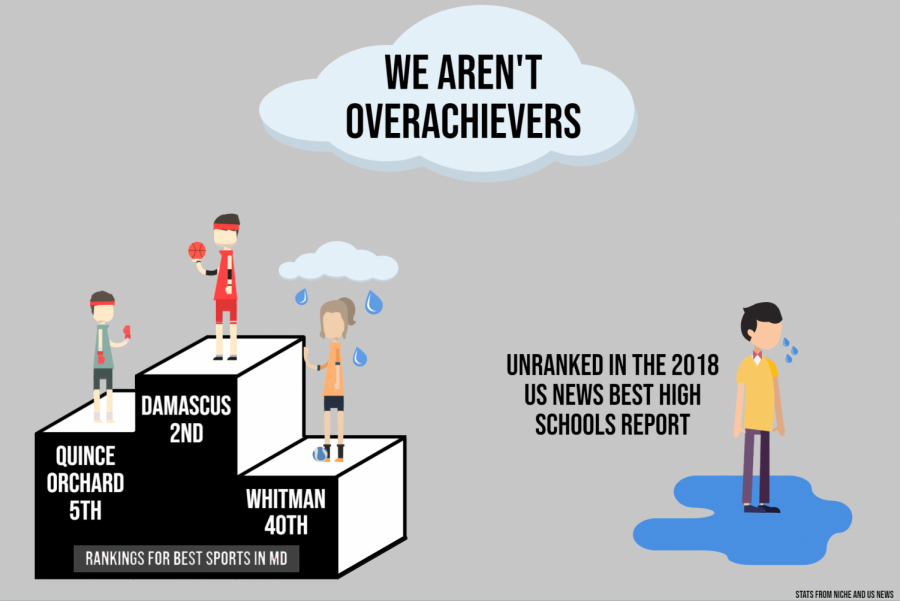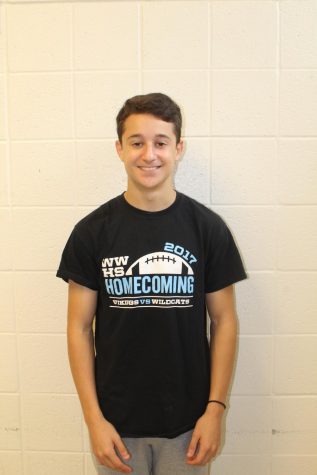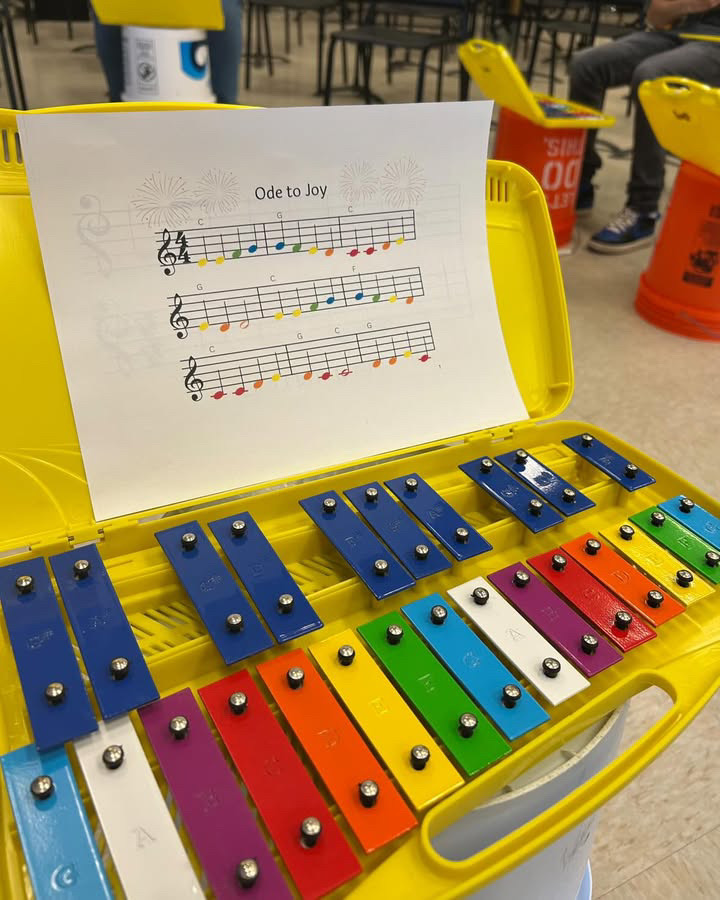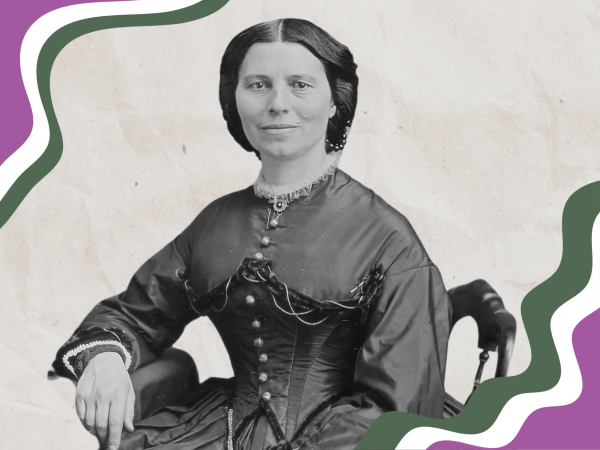We’re not overachievers
Whitman doesn’t overachieve; students achieve as much as is expected of them.
January 5, 2019
Here at Whitman, we’re overachievers. At least, according to the book written about us, aptly titled: The Overachievers. It features AP Frank, who took 17 AP classes, superstar Julie—an aspiring triathlete and yearbook editor—and many other “overachieving” Whitman students who took every AP class available and had extracurricular lists longer than most adult resumes.
The book was written over a decade ago, but this stereotype continues to haunt Whitman and its students.
Many of us subscribe to the belief that, as Whitman students, we’re supposed to be abnormally smart and excel in every activity we participate in. The truth is, while as a school we might have impressive academic success, most of us are just normal teenagers—not the brilliant, creative, athletic people that our stereotype says we should be.
Our parents and members of the surrounding community often brag about Whitman students being overachievers; they take the label as a compliment rather than a wake-up call. For example, one of my friends told me that her parents made her read The Overachievers before she started high school so that she would be ready for the stress that comes with high school. Her parents didn’t say anything about the unhealthy lives that the students in the book lived, or about how their stress isn’t normal for high school students.
Many of us aren’t even overachievers; we’ve just learned to game the system. In my AP Lang class last year, we were supposed to read a famous philosopher’s work once per week and then take a quiz on it to make sure we read it. In reality, almost no one in my class read, and our class average was more times than once a 40 percent. Yet, because of MCPS’ new inflationary grading system, students who consistently earned low grades on these quizzes still got As or Bs—high marks that misleadingly make us look like overachievers.
Truthfully, Whitman far from dominates in everything. Academically, we’re consistently strong in terms of AP scores and average SAT/ACT scores, but our numbers aren’t much different from Churchill, Bethesda-Chevy Chase and Poolesville’s. We’re not even ranked in the U.S. News Report due to a test that students didn’t take seriously because they were told it wasn’t important. In a 2018 state report card, Whitman underperformed compared to past years, scoring a four out of five—losing points due to chronic absences and doing poorly on state tests—while nearly one-fourth of MCPS schools scored a five.
But even looking at our best scores, it’s no wonder our test scores are high simply because of the area we live in. Most students come from wealthy families with college-educated parents, which allows for more educational and test prep opportunities. We can—and should—be proud of our achievements, but being realistic about where we stand relative to the opportunities we’re provided creates a healthier environment.
Our reputation makes us feel like we need to get perfect grades or else we’re not as strong academically as our peers. Often, when students don’t get the A that they wanted (or feel they deserve), they beg, or even pressure, teachers to raise their grade. But logically, not every student is brilliant, and Bs are in fact not a bad grade.
Since Whitman has the reputation of being wholly populated by overachievers, other schools and community members often dislike us. Whitman students are often known for being arrogant and aloof. When I meet people and tell them that I go to Whitman, they either nod their head approvingly as if I’m suddenly brilliant, or they give me a condescending snarl—neither of which are positive reactions.
If as a school and community we’re going to create a healthier environment and improve our reputation, we’re going to need to take ourselves off of a pedestal so we can conduct ourselves like the normal high school students we truly are.













Sam • Jan 10, 2019 at 10:13 am
I get that you guys are “offended” by the book, but the point was not to criticize specifically Whitman. Robbins just used Whitman as an example of overachiever culture in high schools. Also, did the author actually read the book because it feel like she did not?
Jake Suh • Jan 10, 2019 at 10:08 am
I honestly feel like us Japanese americans are severely underrepresented in this matter.
Great Article • Jan 7, 2019 at 11:13 am
Great! Whitman is stuck in its glory days. Kids are gaming the system and mired in entitlement. Time for a change in leadership??